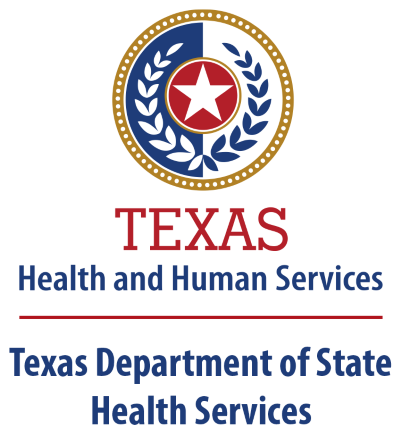Is It Necessary for My Addiction Recovery to Remain Private?
Understanding the Desire for Privacy in Recovery
Addiction recovery is a deeply personal journey, often marked by vulnerability, introspection, and significant emotional effort. For many individuals, the idea of keeping their recovery private feels not only necessary but essential. This desire for confidentiality stems from a range of reasons—fear of judgment, concern over professional repercussions, or simply a wish to protect personal boundaries during a delicate time.
At Maverick Behavioral Health, we recognize that recovery is not one-size-fits-all. Some individuals thrive with community support and open dialogue, while others prefer to heal quietly, without public attention. Wanting privacy is not a sign of shame or denial—it’s a reflection of personal boundaries and emotional readiness. Understanding your own comfort level with disclosure is a key part of making empowered choices throughout the recovery process.
The Role of Privacy in Early Recovery
In the early stages of recovery, privacy can be particularly important. This period is often filled with uncertainty as individuals navigate withdrawal symptoms, new routines, and the emotional impact of confronting addiction. During this time, keeping recovery private can create a safer emotional space, where the focus remains on healing rather than managing other people’s expectations or reactions.
Many clients at Maverick Behavioral Health find that maintaining privacy early on helps reduce external pressure. It allows them to avoid unsolicited advice or the risk of being defined solely by their addiction. Privacy becomes a protective layer, giving individuals the chance to build confidence in their sobriety before choosing how or when to open up.
Weighing the Benefits of Openness
While privacy has its advantages, there can also be significant benefits to sharing aspects of your recovery—especially with trusted friends, family members, or support groups. Being open about recovery may reduce feelings of isolation and allow others to offer meaningful support. In some cases, it may also inspire others who are struggling to seek help themselves.
At Maverick Behavioral Health, we encourage clients to think carefully about who they share their recovery journey with, and why. It’s not about making your story public—it’s about choosing the right people to confide in, based on trust, respect, and emotional safety. You don’t owe anyone your story, but when shared intentionally, it can be a source of strength for both you and others.
Protecting Your Recovery in the Age of Oversharing
Today’s digital culture often blurs the lines between private and public life. Social media platforms can make it feel like there’s an expectation to share every milestone, including those related to mental health and addiction recovery. But recovery doesn’t need to be broadcast to be real. In fact, oversharing too soon or too broadly can have unintended consequences, such as unwanted scrutiny or pressure to maintain a certain image of success.
Maverick Behavioral Health emphasizes the importance of thoughtful boundaries, especially in the digital age. Your recovery is yours—it doesn’t need validation from likes or comments. Protecting your privacy might mean staying off social media during early recovery, or choosing to share only with a few close people offline. Creating intentional boundaries is not about secrecy—it’s about self-respect and mental clarity.
Finding Empowerment in Your Choice
Ultimately, whether you choose to keep your recovery private or share it more openly, the decision should come from a place of empowerment, not fear. At Maverick Behavioral Health, we help individuals understand that recovery is not a performance—it’s a process of rebuilding, healing, and discovering a life beyond addiction. The path you take is your own, and that includes how much of it you share with the outside world.
There is no “correct” level of openness when it comes to recovery. For some, silence is sacred. For others, sharing brings purpose and connection. What matters most is that the choice reflects your needs, your values, and your vision for healing. Privacy is not the opposite of progress—it can be a powerful part of it.


